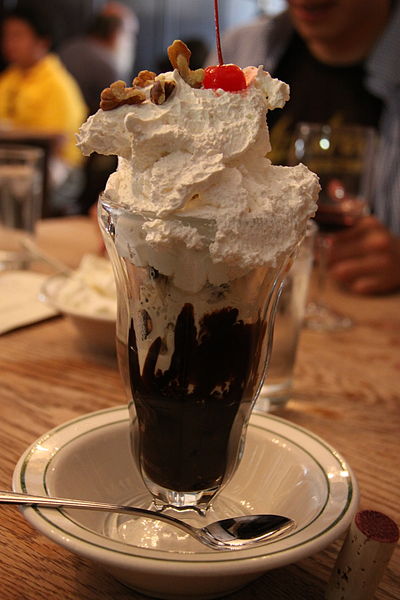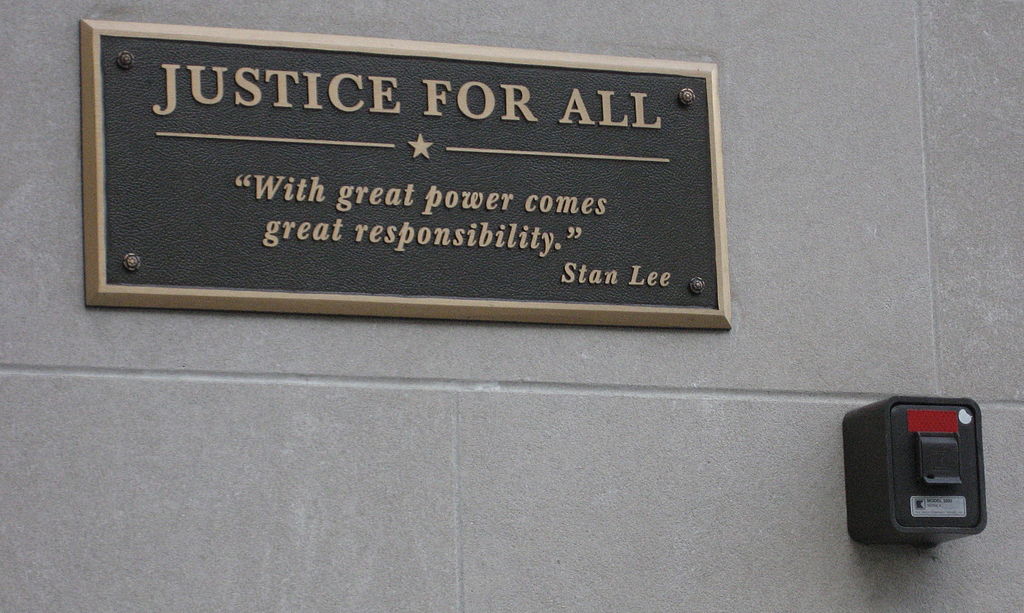Some thoughts are venerated beyond their due. One is Clarke’s contention that any sufficiently advanced technology is indistinguishable from magic. Thanks for pointing that out, Arthur. I really thought if I gave a caveman a rail gun he’d come up with Maxwell’s equations instead of A Wizard Did It. Or von Clausewitz’s famous idea that war is an expression of politics by other means. Duh. He could at least have written in English that swordplay was an extension of wordplay! Right? I know. And there’s a third C to add to Clarke and von Clausewitz: Campbell. As in Joseph Campbell.
Everybody knows that Campbell detailed the monomyth, a single Hero’s Journey myth form that repeats throughout literary history and across cultures. But then he gives 17 different aspects of the myth and says that not all stories that fit the monomyth archetype must contain all 17 aspects.
That’s a lot of wiggle room.
In other words, Duh. I mean, a hero’s a hero. A story about a hero is likely going to have certain elements because to be a hero, you have to, you know, be a hero.
But there’s a distinction within the Campbell mythic structure that doesn’t get enough attention. This is the distinction between the Christian myth, where the source of the hero’s suffering is the hero’s power itself, and the Greek myth, where the source of the hero’s suffering is separate from the hero’s power.
Take Odysseus. He doesn’t suffer because he possesses legendary cunning; he suffers in spite of that. Or look at Achilles. His thousand pains in the Iliad are not hurled upon him because he’s a great warrior but because he’s an ass (and so are most of his friends). Alcestis and Admetus both suffer because of the pride of a goddess and because Admetus considers women chattel, not because Admetus is a powerful Argonaut.
But then look at Christ. He suffers precisely because he _is_ a superhero, the Son of God. Because he can work miracles, he must suffer. The Romans don’t crucify him because he was too proud or because he forgot to make a sacrifice to Artemis; they crucify him because his power is a threat to them. Other prophets in the Judeo-Christian religion fit this description, too. Think of Daniel, Shadrach, Meshach, and Abednego. Their superpower – faith – is also the source of their pain.
This is an important distinction because of the way that heroic literature has gone in the West since Stan Lee. Before Stan Lee you had heroes in the Greek mold, heroes whose reason for suffering was distinct from what made them heroic. Superman – beginning in the 1940s – suffered from kryptonite, not because he was a god among men. Hornblower’s isolation and self-doubt make him suffer, but he is not great because of these qualities. Holmes had his vices, but none were identical with his ratiocinative faculties. Rather, these faculties were a source of comfort to him, and he was pained when he did _not_ have the chance to exercise them. Tarzan is a tricky but illustrative example. Instead of his situation bestowing upon him both pain and extraordinary power, the King of the Apes is portrayed throughout the novel as benefiting from his status as noble savage. While many of Tarzan’s challenges arise because of the same origin and nature that give him superhuman powers – part of the genius of the novel – these challenges are not fonts of existential pain but mere toys with which Tarzan can demonstrate his savage superiority.
And then look what Stan Lee did, and what he does not get enough credit for. He turned from the Greek version of the monomyth to the Judeo-Christian one. His quintessential hero, Peter Parker, experiences depths of anguish because of his superpowers. Would he feel guilt over not stopping his uncle’s killer if he had not been able to stop him, that is, if he did not have superpowers? Would he be as torn over his relationship with Mary Jane if he did not have superpowers? Would he be in trouble constantly with his boss JJJ if he did not have superpowers? No, no, and no. The source of Spider-Man’s pain is his existence as Spider-Man. This is fundamentally different from the heroic journeys seen before. Lee did the same thing with characters like the Hulk and the X-Men.
It is difficult to overstate the influence of the Lee revolution. Buffy is the perfect example. Her angst is deeper than the Hellmouth, and it’s all because she’s the Slayer. If she didn’t have superpowers, she wouldn’t have problems – at least, nothing of the soul-wrenching, family-threatening sort she is put through. Not only that, but _every_ slayer is like that in the Buffyverse. Before Buffy, they all died sooner or later, simply because they were Slayers. It’s a superpowered life, but because of those superpowers, it’s a painful and doomed one. Many, many other heroes have followed this Christian monomyth archetype since the Stan Lee revolution, ranging from Hellboy to Katniss to Edward Cullen to Thomas Covenant. Even Harry Potter, for example, when he breaks up with Ginny to protect her from Voldemort. If he hadn’t been The Boy Who Lived, if he hadn’t had the power to defeat Voldemort, he would not have had to endure that pain.
I suppose that you could say something about the Stan Lee Revolution and our view of ourselves. You could say that the shift in hero types has paralleled our change in opinions regarding technology. Technology once solved problems, only; nowadays it is often viewed as the source of the problem. Another, more fruitful way to look at it may be in light of the increasing power developing in the hands of individuals as civilization has progressed. Superpowers aren’t just fun and games anymore when you’re the one who has them.

